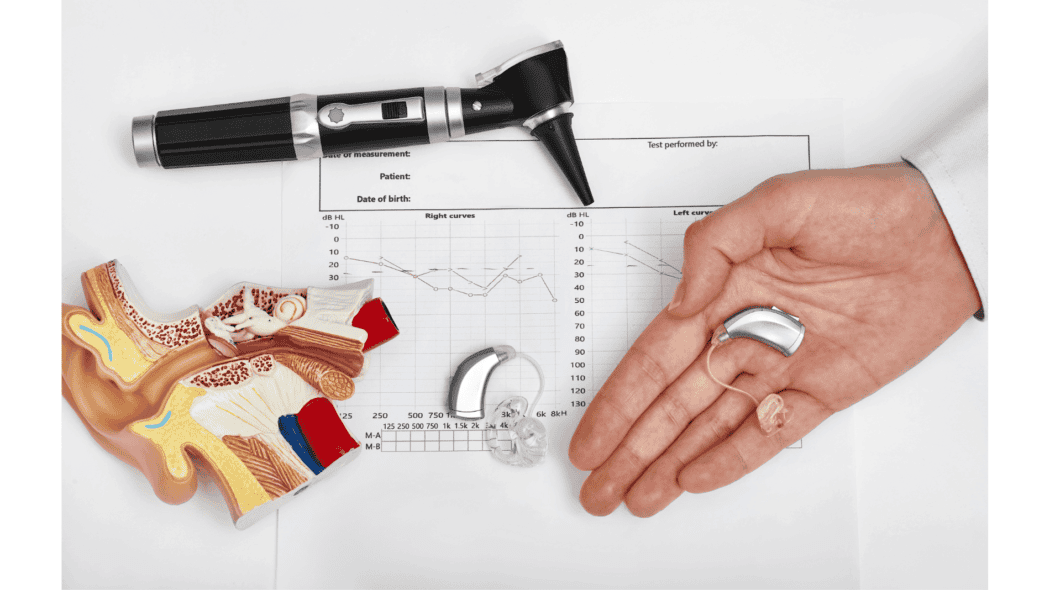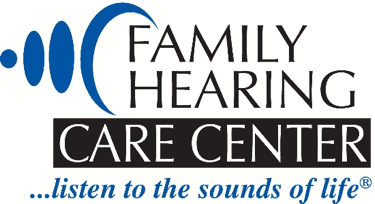
What Health Concerns Can Impact My Hearing?
Hearing is a vital sense that connects us to the world around us. Unfortunately, various health concerns can impact your hearing, leading to partial or complete hearing loss. Understanding these health issues and how they affect your hearing can help you take proactive steps to protect and preserve this essential sense. Let’s explore some common health concerns that can impact your hearing.
Chronic Diseases
Chronic diseases like diabetes and hypertension can significantly impact your hearing. Diabetes, for instance, can damage the blood vessels and nerves in the inner ear, leading to hearing loss. High blood sugar levels can cause these blood vessels to deteriorate, reducing blood flow to the cochlea and impairing hearing. Similarly, hypertension, or high blood pressure, can also harm the blood vessels in the ear, leading to hearing problems. Regular check-ups and managing these conditions effectively can help reduce the risk of hearing loss.
Infections
Various infections can affect your hearing. Ear infections, particularly in children, can lead to temporary or permanent hearing loss if not treated promptly. These infections cause inflammation and fluid buildup in the middle ear, which can impair hearing. Additionally, viral infections like measles, mumps, and meningitis can damage the inner ear or auditory nerve, leading to hearing loss. Vaccinations and prompt medical treatment for infections are crucial in preventing these complications.
Ototoxic Medications
Certain medications, known as ototoxic drugs, can damage the inner ear and lead to hearing loss. These medications include some antibiotics, chemotherapy drugs, and high doses of aspirin. If you are taking any of these medications and notice changes in your hearing, it is essential to consult your doctor immediately. They may adjust your dosage or switch to an alternative medication to protect your hearing health.
Noise Exposure
Exposure to loud noises is one of the most common causes of hearing loss. Whether from a noisy workplace, loud music, or sudden explosive sounds, excessive noise can damage the hair cells in the inner ear, leading to permanent hearing loss. Wearing ear protection in noisy environments and keeping the volume down on personal audio devices can help prevent noise-induced hearing loss. Regular hearing health exams can also detect early signs of damage and help you take preventive measures.
Aging
Aging is a natural process that affects various aspects of health, including hearing. Age-related hearing loss, also known as presbycusis, is common among older adults. This type of hearing loss occurs gradually and affects both ears. It results from changes in the inner ear, auditory nerve, and brain pathways. Regular hearing health exams are essential for older adults to monitor their hearing and address any changes promptly. Hearing aids and other assistive devices can significantly improve the quality of life for those with age-related hearing loss.
Genetic Factors
Genetics can also play a significant role in hearing health. Some people are born with genetic conditions that cause hearing loss from birth or make them more susceptible to hearing problems later in life. If you have a family history of hearing loss, it is important to be vigilant about your hearing health and seek regular exams. Early detection and intervention can help manage genetic hearing loss effectively.
Cardiovascular Health
Cardiovascular health is closely linked to hearing health. Poor circulation and heart conditions can reduce blood flow to the inner ear, leading to hearing problems. Conditions like stroke, which affect blood flow to the brain, can also impact the auditory pathways and cause hearing loss. Maintaining a healthy lifestyle with regular exercise, a balanced diet, and avoiding smoking can improve cardiovascular health and protect your hearing.
Several health concerns can impact your hearing, ranging from chronic diseases and infections to noise exposure and genetic factors. Being aware of these potential threats allows you to take proactive measures to protect your hearing. Regular hearing health exams are essential in detecting any issues early and addressing them promptly. By managing chronic conditions, protecting your ears from excessive noise, and maintaining overall health, you can preserve your hearing and continue to enjoy the sounds of life.
